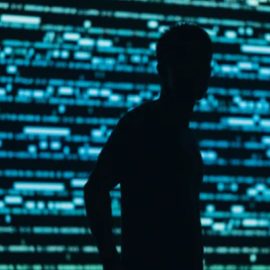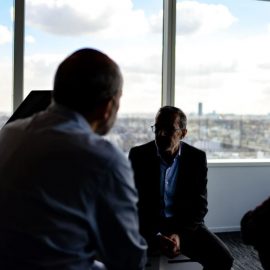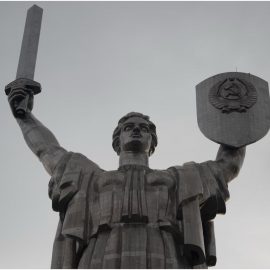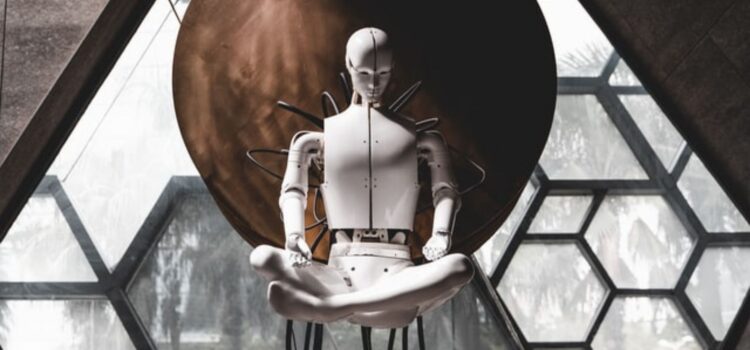
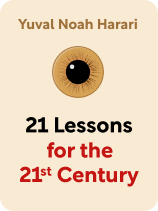
This article is an excerpt from the Shortform book guide to "21 Lessons for the 21st Century" by Yuval Noah Harari. Shortform has the world's best summaries and analyses of books you should be reading.
Like this article? Sign up for a free trial here .
What are the dangers of artificial intelligence? Could AI develop a will of its own, as seen in science fiction movies?
The true dangers of artificial intelligence are quite different from what we see in movies, where robots come to develop free will and start running amok killing people. Robots themselves are as benign or as dangerous as the people who program them—and, in the hands of violent or power-hungry people, AI could bring devastation to humans.
Keep reading to learn about the dangers of artificial intelligence.
What Are the Dangers of Artificial Intelligence?
The example of self-driving cars highlights one of the dangers of artificial intelligence: The computer does whatever it’s programmed to do, no matter what. In some cases, that characteristic makes computers less dangerous than humans, because the computers won’t succumb to anger or retaliation and break the rules. However, the opposite side of the coin is that computers won’t be influenced by compassion or extenuating circumstances.
In the 21st century, AI could become widespread in countries run by dictators. Consider the possibilities if this technology is used in:
- Warfare: If human soldiers are replaced by robots that are programmed to kill the enemy indiscriminately, they would spare no civilian or child in the opposing nation. The robots could fight tirelessly and endlessly, without being slowed down by hunger, fatigue, mental exhaustion, and psychological trauma. And robot soldiers would never defect or protest against an unjust war.
- Weapons: If weaponry is automated, there would be nothing to stop or slow the carnage that the machines were programmed to inflict.
- Surveillance: If government leaders expanded surveillance to include biometric data, they could essentially achieve mind control over their citizens. Technology already collects data on the behavior of citizens in many countries, but new technological developments could expand this exponentially. A government could not only place cameras and microphones in public and private settings, but it could also mandate that its citizens wear biometric sensors that report data about each person’s thoughts and feelings.
In the last century, democratic countries were more prosperous than dictatorships because they assigned many people to help process information for decision-making. With such a large volume of information—for example, to make a decision on whether to impose a new tariff—a larger number of people were able to process it and reach a decision more quickly, enabling the country to act promptly and, thus, prosper. Dictatorships, on the other hand, concentrated information and responsibility among a small group, which slowed the processing and decision-making.
By contrast, in the 21st century, AI could give dictatorships a competitive advantage. First, algorithms can process information much more rapidly than humans, which would close the gap that currently gives democracies an advantage over dictatorships. Second, the more information an algorithm processes, the more it learns and the more accurate it becomes—and dictators are likely to collect more information than democracies.

———End of Preview———
Like what you just read? Read the rest of the world's best book summary and analysis of Yuval Noah Harari's "21 Lessons for the 21st Century" at Shortform .
Here's what you'll find in our full 21 Lessons for the 21st Century summary :
- What the unique challenges of the 21st century are and will be
- Why religion can't solve these 21st-century challenges
- How algorithms like Netflix recommendations are teaching you not to trust yourself

